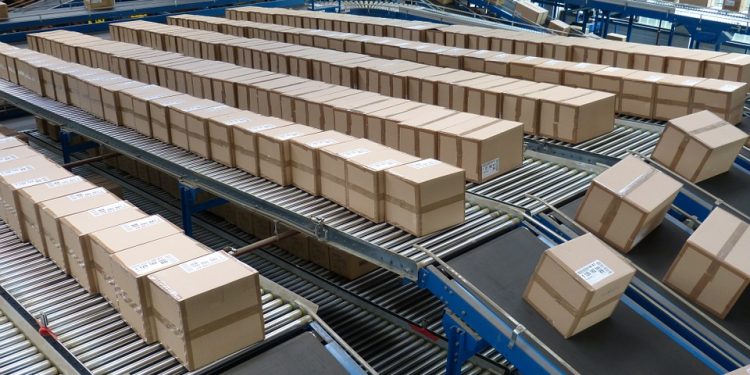A conveyor belt system helps transport goods from one place to another, helping to cut the amount of manual labor needed in many industries. They are commonly seen in airports, manufacturing plants, farms, mining, and other locations. Moving material in this modern way has revolutionized many industries, making production lines more streamlined and efficient. Without conveyor belts, many industries would struggle to keep up with the pace of the consumer market and the demand for goods.
Conveyor systems allow for automatized and efficient movement of materials and products, which otherwise would have been moved by hand or by other methods that humans can only carry out. This change in labor and production has many benefits, which are highlighted below.
Easy Transportation
Conveyor systems excel in moving goods and objects from A to B—making any production line processes in any industry much faster and more convenient. There is a conveyor system suitable for every sector, meaning that they vary in size and style; so that, for example, the transportation of heavier goods is possible. Furthermore, conveyor belts can move in many directions and strange angles, which means they are ready to meet any transport need imaginable.
Varied Conveyors
The variety of conveyor belt systems that conveyor manufacturers distribute is enormous. These various types can be put in place to solve all sorts of problems in the transportation of goods. A few examples include cleated belt conveyors, which are used to keep loose materials, such as grain or batteries, in the correct position; curved conveyors, which are used to move goods around corners and maximize space in warehouses; and incline or decline conveyors that work at different elevations to help move goods from one level to another.
Bigger Workload
No matter what industry you find conveyor systems in, you will notice that they have a massive advantage over human labor because they can produce and carry a much bigger workload. In addition, the varieties in structures and systems available mean that conveyors are used to maximizing operations in any industry, which means that they can carry more oversized loads, travel further distances, and scale bigger heights.
Read Also: Health And Safety Considerations Necessary in High Rise Buildings
Specialized Systems
In many industrial settings, conveyor systems are automated to reduce the need for human intervention entirely, which is hugely beneficial when it comes to cutting down labor costs and time. For example, recycling conveyor systems have many sorting programs, and waste reduction is much simpler in factory settings since a machine can do this for you. The ability to automate human tasks is a huge benefit that conveyor systems offer. They help to alleviate pressures that can mount up in factory settings and relieve a workforce.
More and more distributors are selling specialized conveyor systems to help any business that needs one. This is a field of mechanics that is continuing to grow and improve. The future of conveyors and what they might be able to do for industries, particularly those focused on the transportation of goods, is very exciting.














































